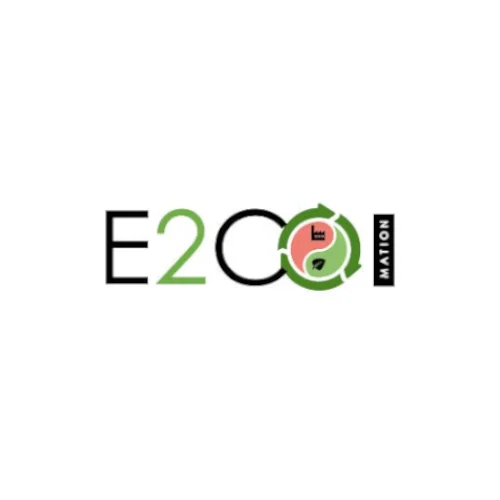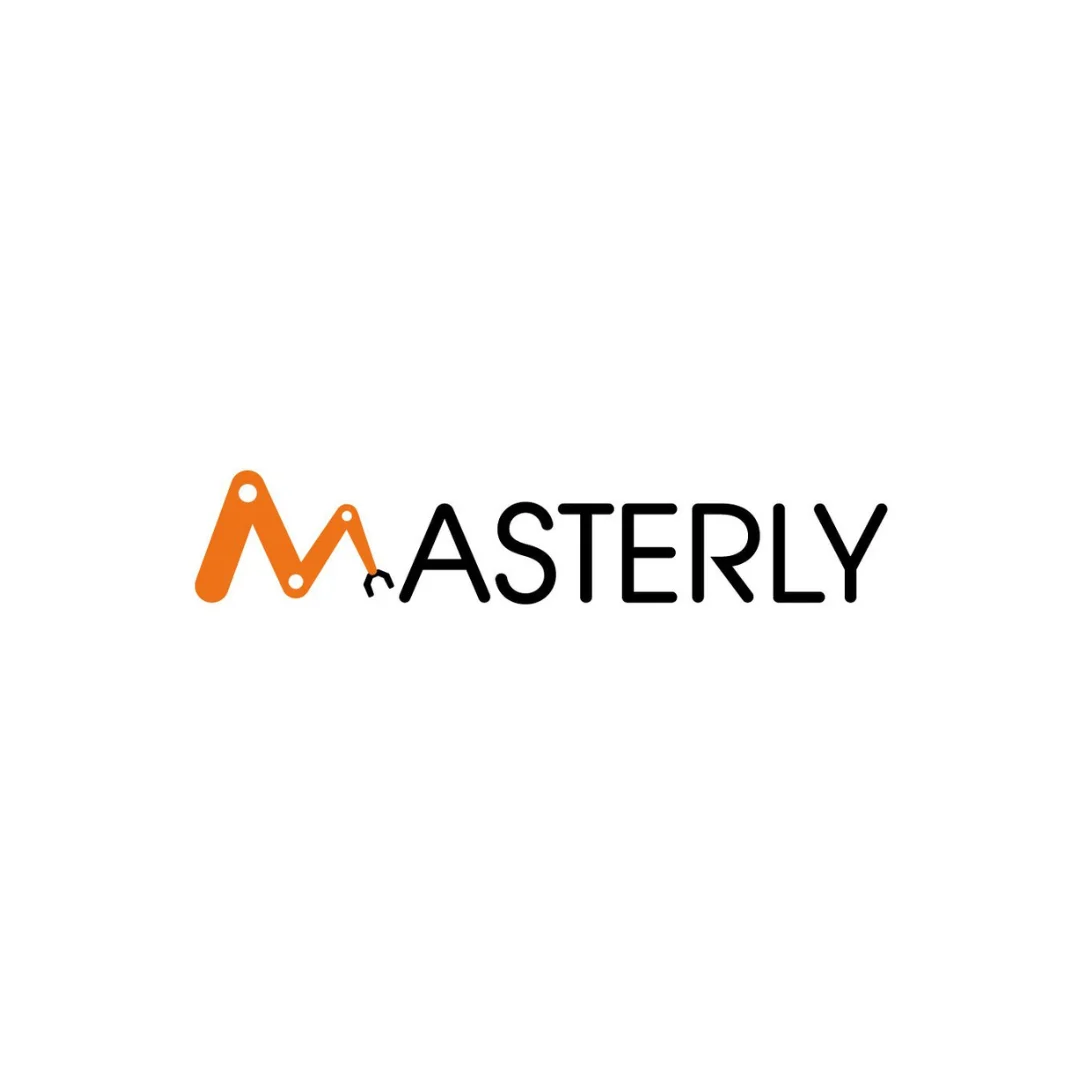01/06/22 – 31/05/26 (48 months)
4.571.767,00 €
HORIZON EUROPE
HORIZON-CL4-2021-TWIN-TRANSITION-01-05 (RIA)
INSTITUTO TECNOLOGICO DE ARAGON (ITAINNOVA)
The need of solving pollution and its consequences, caused by a production model based on linear economy, brought to the development of the Circular Economy paradigm.
By applying a circularity-by-design approach, the AMBIANCE project aims to develop new and advanced bio-based products, characterized by a high or total bio-based material content, and to consider alternatives for recirculation of these materials, such as different types of reuse, remanufacturing, recycling, biodegradation or energy recovery to enhance sustainable models. Such approach will be coupled to the optimization of the mechanical properties for applications, durability for outdoors urban furniture or sports and leisure products, taking into consideration the whole lifecycle.
Special attention will be paid to the optimization of product manufacturing of bio-based materials, which will require tuning of material composition and processes (extrusion, large-scale additive manufacturing, compression molding) for different bio-based materials. Besides, the use of Digital Twin technologies will enhance the development of materials and products and the remanufacturing of such bio-based goods, and it will optimize manufacturing processes and enhance production quality of such novel applications by leveraging Internet of Things and Artificial Intelligence technologies.
AMBIANCE’s impact will be two-fold: firstly, it will showcase disruptively innovative bio-based products in different sectors and manufacturing processes, while it will demonstrate applicability in daily-life products, starring green urban areas that will lead the transition to sustainability. The setting proposed by AMBIANCE will directly result in the creation of new jobs, based on new technical competences that will require specific training and upskilling, while the technical developments and findings will be used to contributing to the standardization of bio-based products and materials, which will guarantee an effective and wide adoption for making such products the new baseline of our lives.
CRIT efforts will be concentrated in WP5, which is dedicated to the maximization of project’s impact. This implies the communication of the project objectives, milestones and results to the general public by means of a public website, social media channels, and other tools while disseminating the technical results to the academic and industrial communities through events and networking initiatives. Additionally, special attention will be placed on training, since new skills will be developed within the project that shall be transferred to manufacturing companies. Lastly, in the standardization task, CRIT will identify the most relevant standards for bio-based materials production as well as potential gaps in existing norms in order to contribute to standardization committees.



